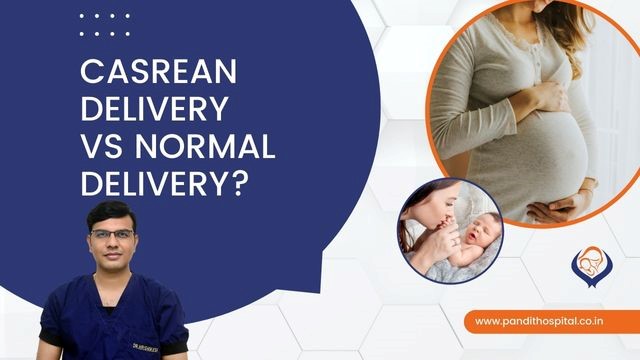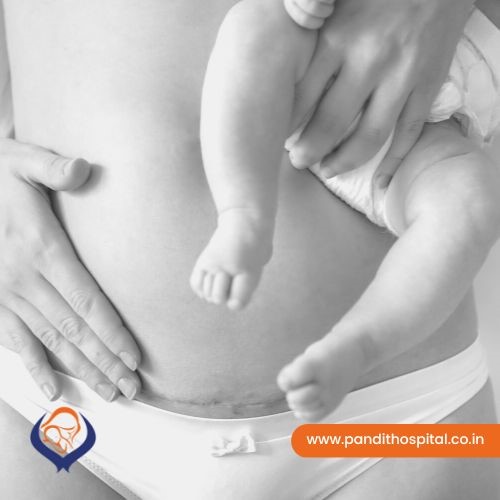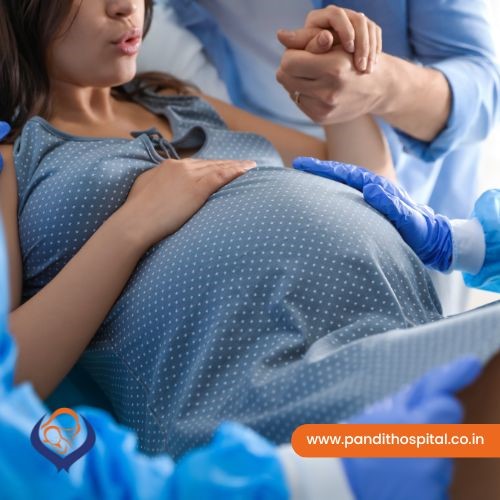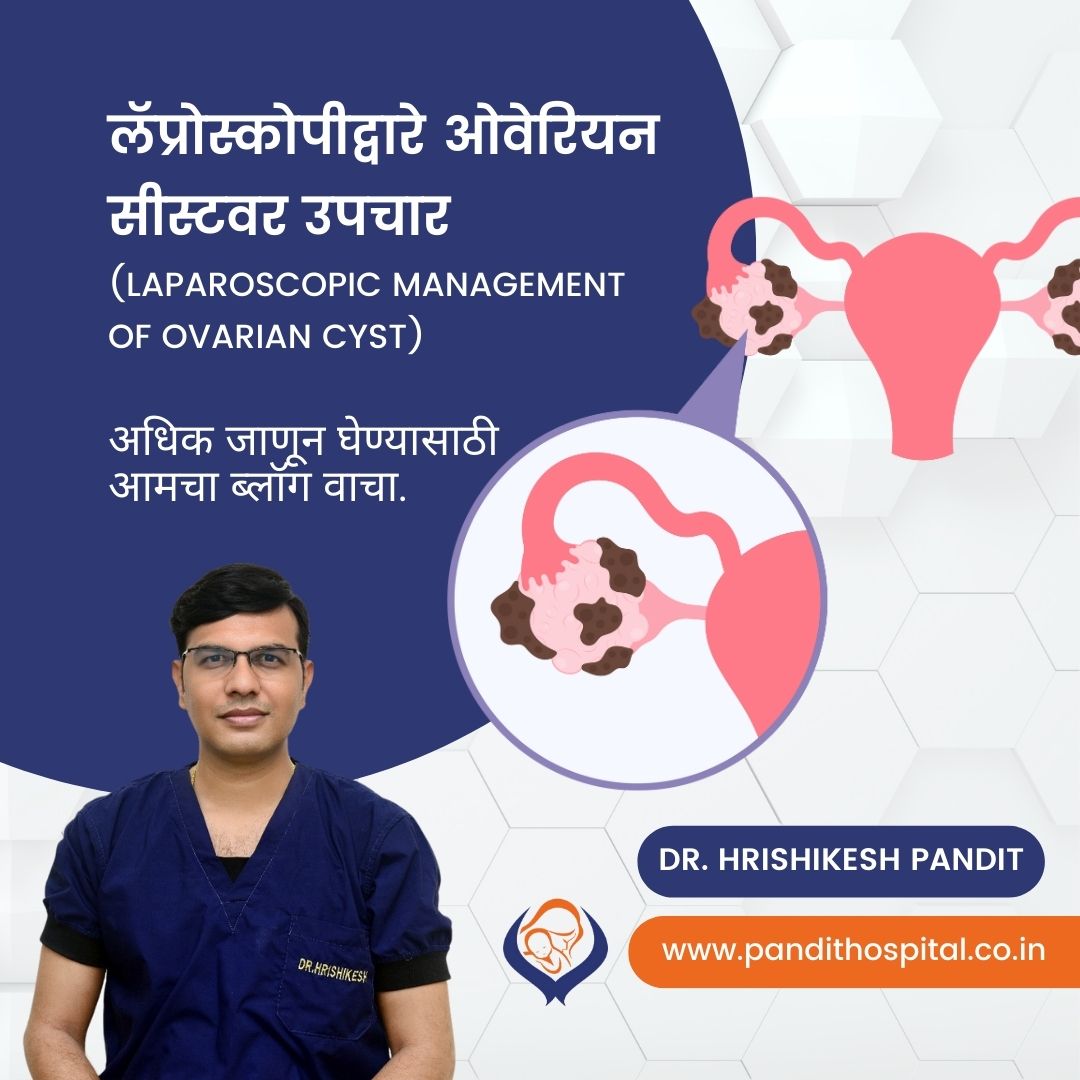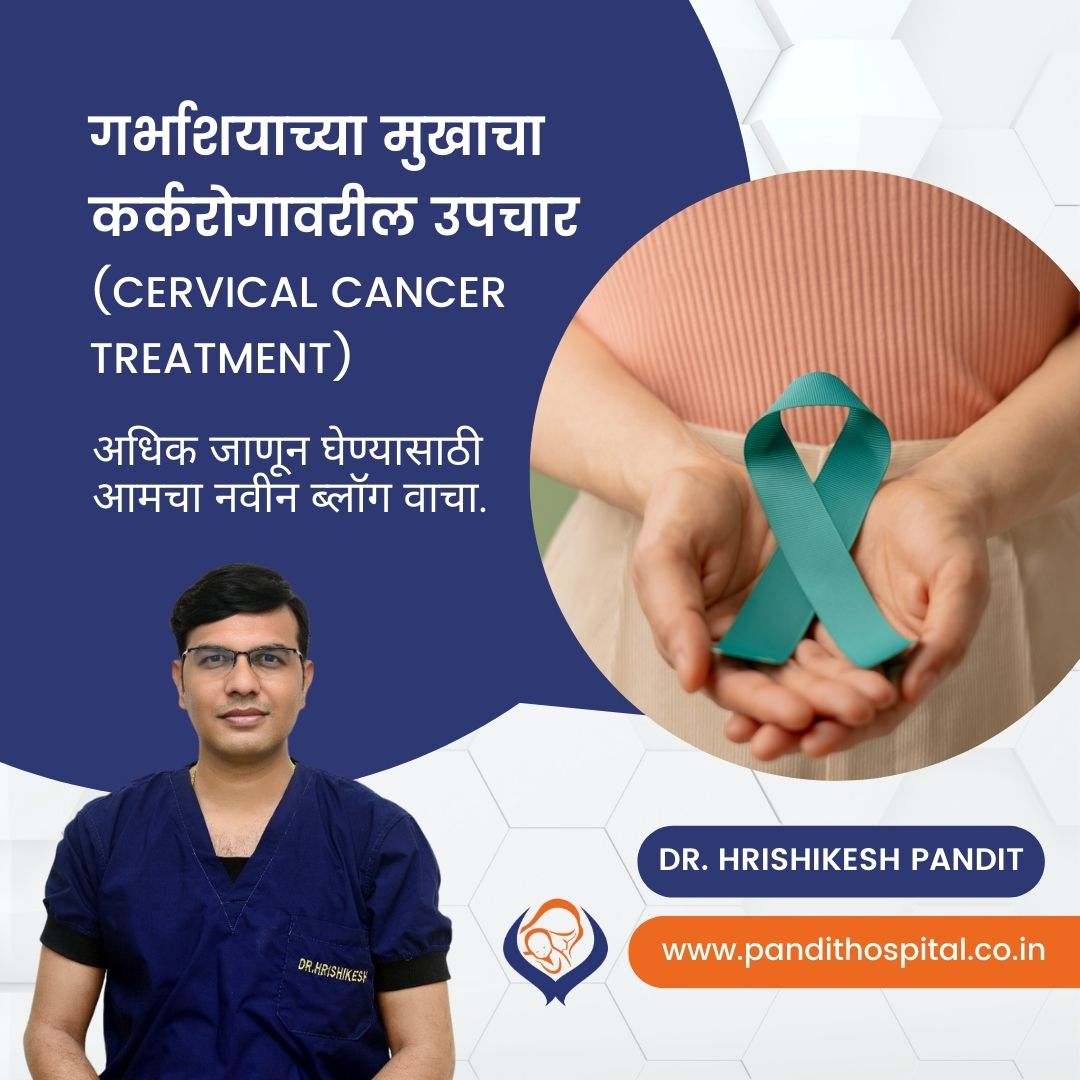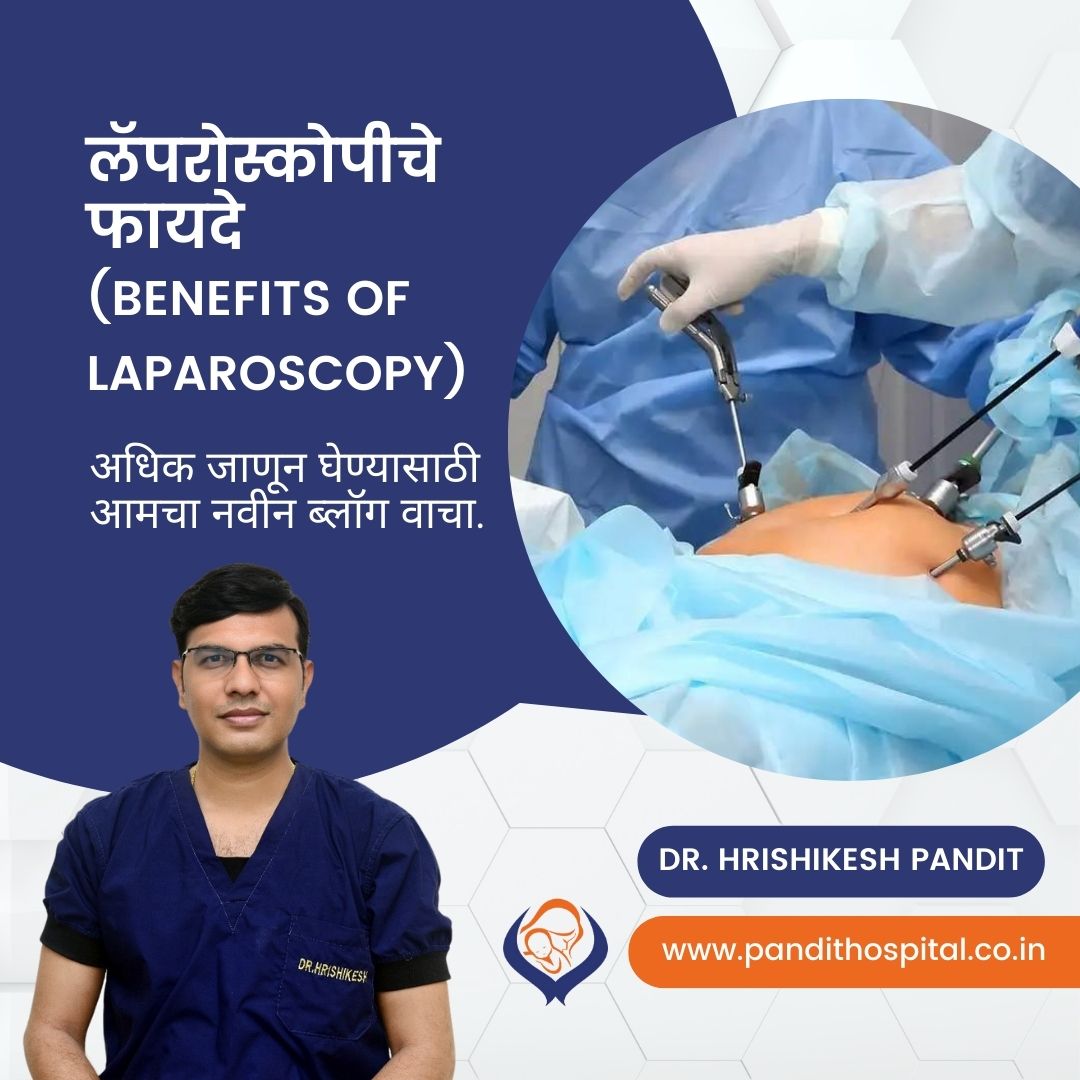Are you curious about the advantages and disadvantages of a cesarean delivery over a natural delivery? The type of delivery that is the safest for you will depend on a number of factors, including your medical history, the health of your baby, and any existing medical conditions. Dr. Hrishikesh Pandit has explained both cesarean delivery and normal delivery in detail in this blog.
How many women undergo cesarean section for delivery of the baby?
As per the survey by National Statistical Office, Today, nine out of ten pregnant women give birth in a hospital, taking use of the greater medical resources available there. However, roughly one in three women who give birth in a hospital have a caesarean delivery, or C-section, which is double the ideal rate recommended by the international medical community. So which type of delivery to choose then. Let’s understand the basic difference first.
What is the basic difference between normal delivery and cesarean delivery?
A baby is born naturally through a process known as a normal delivery or vaginal delivery. Your cervix thins and opens, and as your uterus contracts, your baby is pushed out of your vagina and down the birth canal.
The medical operation known as a caesarean delivery, or c-section, is performed to deliver a baby through an incision made in the mother’s abdomen as opposed to her vagina. Major abdominal surgery is required. It might be a scheduled / planned c-section Or an emergency / unplanned caesarean section.
What are the advantages of normal delivery?
Although vaginal delivery is tiring and hard work, it is also extremely satisfying. Your stay in the hospital is for fewer days than you would if you had a cesarean delivery because there is no surgical intervention necessary. If there are no difficulties, we, at Pandit Hospital, encourage new mothers to go back to their homes in as little as two days. Vaginal births also carry less risk of internal bleeding, infections, and scars because they are non-invasive.
An infant benefit equally from natural births. Natural childbirth aids in draining out fluid that has accumulated in the lungs of the newborn, improving breathing upon birth.
When cesarean delivery is preferred?
We, at Pandit Hospital, never encourage for cesarean section as the first choice of delivery but it is always a plan B. Cesarean section is chosen as a way of delivery in following circumstances:
• Past medical history:
Dr. Hrishikesh Pandit might recommend a Cesarean section if you have a history of diabetes, high blood pressure, HIV, herpes, or another illness that might complicate a natural delivery.
• Pregnancy Situations:
Doctor could advise a C-section if you are expecting multiples or if there are any issues with the placenta. Alternately, a cesarean section may be recommended if your doctor feels that your baby’s size is out of proportion to the size of your pelvis or if your baby’s head isn’t pointing down at the moment of birth.
• Emergency cesarean:
Waiting for a natural delivery could occasionally be dangerous for both mom and child. For example, a prolonged labor may result in insufficient oxygen in the womb, necessitating an urgent cesarean section treatment. Umbilical cord entanglements and meconium aspiration are possible additional possibilities.
• Planned cesarean section:
You might want to talk to your doctor about an elective C-section if you want to schedule your pregnancy to coincide with your window of maternity leave. By doing this, you can choose a delivery date and make sure that your leave coincides exactly with the birth of your child. Your doctor might also advise a scheduled C-section if you’ve previously had problems with a normal delivery. But remember that a planned cesarean section can only be scheduled after the 39-week point.
Which delivery is more painful?
Normal delivery is painful while mother is into labor and while pushing the baby out. For cesarean delivery, delivery is painless but post delivery there is pain due to incision on abdomen.
Lot of mothers also experience, headache, lower back pain, pain at the site of anesthesia injection and episiotomy site. Episiotomy may be required in some cases of normal delivery. An episiotomy is a cut (incision) made in the tissue between the vaginal opening and the anus during childbirth.
What is the gold standard for the delivery of the baby?
There is no gold standard as such. A normal vaginal delivery is safer than a c-section if there are no pregnancy or labor complications. But a cesarean section may be necessary and even be life-saving in many cases as mentioned earlier. So, it’s best Not to choose type of delivery way prior to the maturity of the baby. Let the doctor decide about the way of the delivery as per your medical condition.
What are the complications of normal delivery?
- Labor that does not progress. (Prolonged labor)
- Perineal tears.
- Problems with the umbilical cord.
- Water breaking early.
- Perinatal asphyxia.
- Shoulder dystocia.
- Excessive bleeding.
- Pelvic injury to mother.
What are the complications of cesarean delivery?
- Infection.
- Blood loss.
- Reactions to anesthesia.
- Blood clots.
- Surgical injury, adhesions or injury to bladder.
- Increased risks during future pregnancies.
- Longer hospital stays.
Thanks to superior medical technology, there’s very little difference between a cesarean section and a normal delivery, as far as implications on your baby are concerned. Let your doctor decide the best way to deliver your baby.
What is the cost of normal delivery in Ahmednagar?
At Pandit Hospital, we provide complete maternity care from antenatal period to delivery of the baby. For normal delivery, we modern well equipped labor room. Pediatrician is always available to assess baby’s condition post-delivery. Overall cost of normal delivery at Pandit Hospital, Ahmednagar is around ₹17,000 to ₹20,000.
What is the cost of cesarean delivery in Ahmednagar?
In case of medical history or emergency, cesarean section has to be performed. We have state-of-the-art operation theater to provide best surgical care to our patients at Pandit Hospital. Cesarean section delivery will cost around ₹30,000.
At Pandit Hospital, Dr. Hrishikesh Pandit and his team will take all the precautions to avoid any complications during delivery.
Dr. Hrishikesh Pandit has been involved directly in more than ten thousand deliveries. His experience in obstetrics makes him the best gynecologist in Ahmednagar.
At Pandit Hospital, you are in safe hands!
Pandit Hospital – Best Maternity care center in Ahmednagar
LET’S SEE OUR INTRO VIDEO
At Pandit Hospital, we provide all the maternity services from antenatal to postnatal period under one roof
Let's Connect!!
Nagar - Pathardi Road, Bhingar, Ahmednagar, Maharashtra, India 414002
0241-2441717 / 0241-2442344
About author:
Dr. Hrishikesh Pandit:
Dr. Hrishikesh Pandit is one of the best obstetrician and gynecologist in India. He is also a well-renowned Laparoscopic surgeon. He obtained his MS (Ob Gyn) degree from the prestigious Pravara Institute of Medical Sciences. He has also done fellowship and diploma courses in laparoscopic surgeries and cancer treatment from Tata Hospital and Keil University, Germany. His surgical cases, papers and videos has been chosen in many international forums of gynecology.

Why Pandit Hospital?
At Pandit Hospital, we are always working hard to provide its patients with the highest level of medical innovation and patient care. With the aim of delivering complete maternity & gynecological care under one roof with the help of all contemporary amenities and cutting-edge medical equipment. Dr. Hrishikesh Pandit has a vision to bring the best of facilities regarding laparoscopy surgeries in the city of Ahmednagar. He is the pioneer of 3D Laparoscopy technology is Ahmednagar.
Latest Articles
Dr. Hrishikesh Pandit is one of the best laparoscopy surgeons in India. His determination to bring 3D Laparoscopy technology to Ahmednagar has eventually helped so many patients. Read the latest articles by Dr. Hrishikesh Pandit on Gynecology, cancer, infertility, laparoscopy surgery, and health tips for mothers during pregnancy.
Discover comprehensive ovarian cyst treatments at Pandit Hospital in Ahmednagar, Maharashtra, led by 3D Laparoscopic Surgeon Dr. Hrishikesh Pandit. Learn about types, symptoms, and both surgical and non-surgical treatments. Best ovarian cyst removal hospital in India.
गर्भाशयाच्या मुखाचा कर्करोग हा महिलांमध्ये होणारा दुसरा सर्वात गंभीर कॅन्सर आहे. वयाच्या 35 व्या वर्षानंतर या आजाराचा धोका फार वाढतो. गर्भाशयाच्या कर्करोगावर लॅपरोस्कोपी (दुर्बिणीने) शस्त्रक्रियेद्वारे उपचार केले जाऊ शकतात.
लॅपरोस्कोपिक शस्त्रक्रियेचे अनेक फायदे आहेत ✔ कमी वेदना ✔ कमी रक्तस्त्राव ✔ रुग्णालयात किमान मुक्काम ✔ जलद रिकव्हरी ✔ कमी कॉम्प्लिकेशन्स ✔ कमी टाके ✔अंतर्गत अवयवांना कमी इजा. Benefits of laparoscopy &Marathi)
FAQ
You should consult a doctor during the first 6 to 8 weeks of your pregnancy, or when your period is 2 to 4 weeks late.
If your contractions are 5 minutes apart, lasting for 1 minute, for 1 hour or longer, it’s time to head to the hospital.
Doctors recommend an infertility evaluation if you have not gotten pregnant after 1 year of having regular sexual intercourse without using birth control. If you are older than 35, an evaluation is recommended after 6 months of trying.
Yes, You can. But most babies need 39 weeks to develop fully. Induced or planned delivery before that time—without a valid medical reason—is not in the best interest of the baby or the mother. After 39 weeks you can plan delivery.
Women who are 21 to 29 should have a Pap test alone every 3 years. HPV testing alone can be considered for women who are 25 to 29, but Pap tests are preferred. Women who are 30 to 65 have three options for testing. They can have a Pap test and an HPV test (co-testing) every 5 years. They can have a Pap test alone every 3 years. Or they can have HPV testing alone every 5 years.
Laparoscopic hysterectomy is a safe and suitable procedure for chosen patients. It affords patients advantages like less peri-operative morbidity, better life quality, shorter hospitalization time, and faster return to activity.
Schedule a doctor’s visit if you have: Greenish, yellowish, thick or cheesy vaginal discharge; Strong vaginal odor; Redness, itching, burning or irritation of your vagina or the area of skin that surrounds the vagina and urethra (vulva); Bleeding or spotting unrelated to your period.
Painless delivery can be achieved using a form of regional anesthesia that provides pain relief during natural labor. Epidural anesthesia is administered through an injection on the lower back of the mother. The drug takes about 10-15 minutes to take effect.
Even in severe cases of endometriosis, most can be treated with laparoscopic surgery. In laparoscopic surgery, your surgeon inserts a slender viewing instrument (laparoscope) through a small incision near your navel and inserts instruments to remove endometrial tissue through another small incision.
The HPV vaccine is recommended for routine vaccination at the age of 11 or 12 years. (Vaccination can be started at age 9.) It is also recommended that vaccination for everyone through age 26 years if not adequately vaccinated when younger. HPV vaccination is given as a series of either two or three doses, depending on age at initial vaccination.

